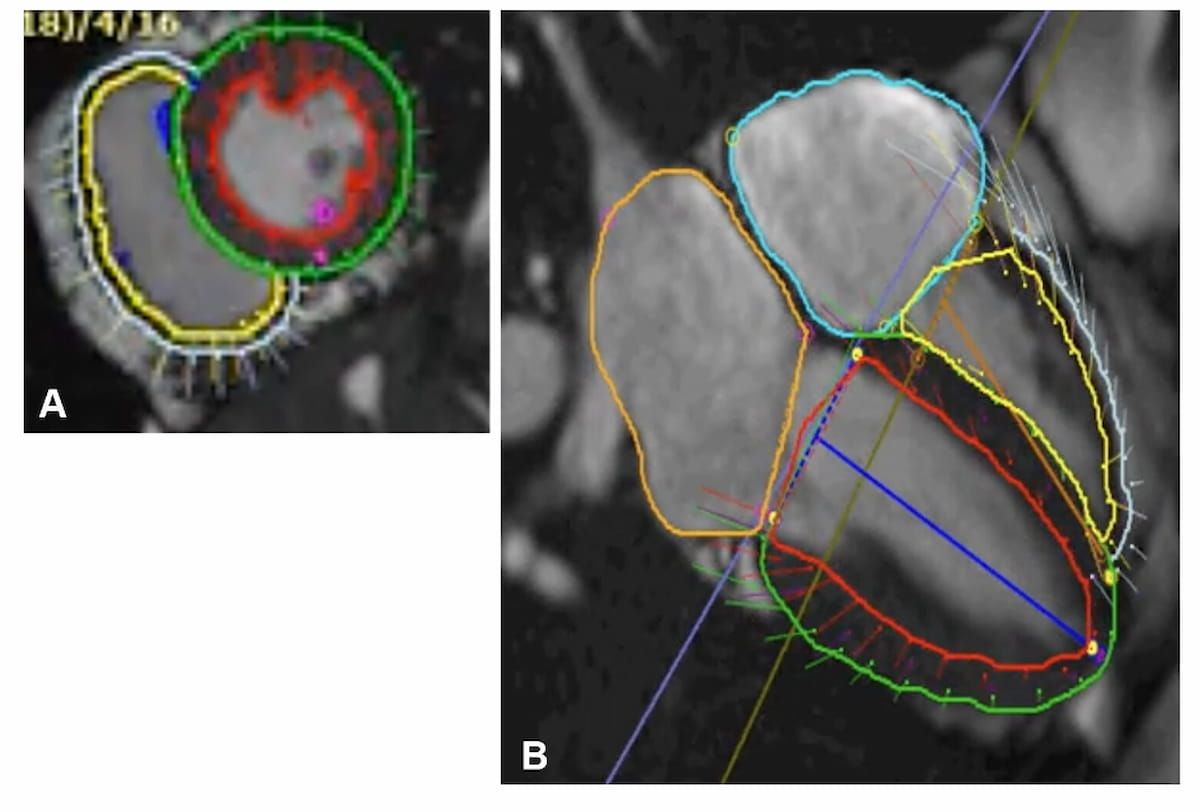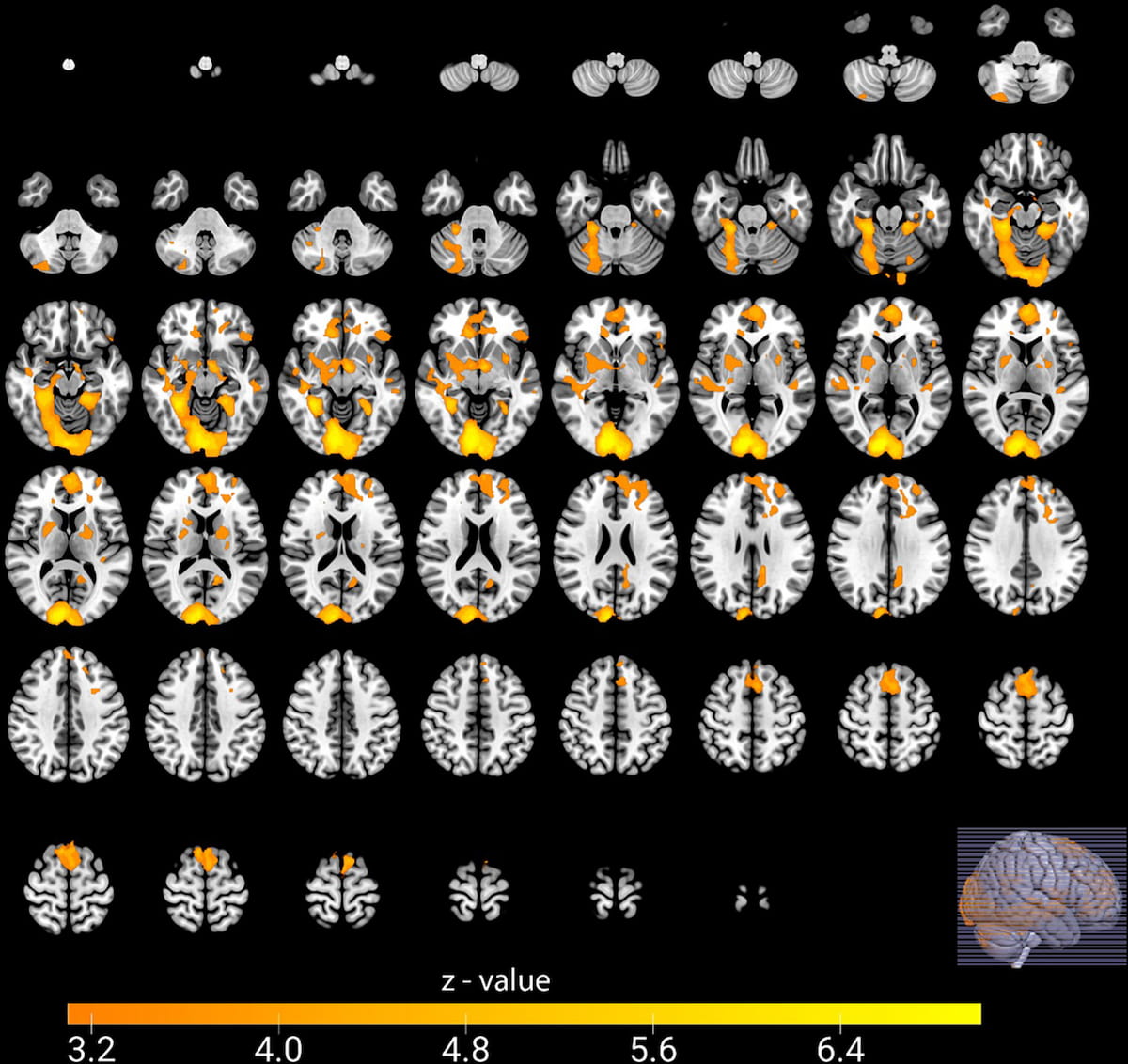
MRI
Latest News
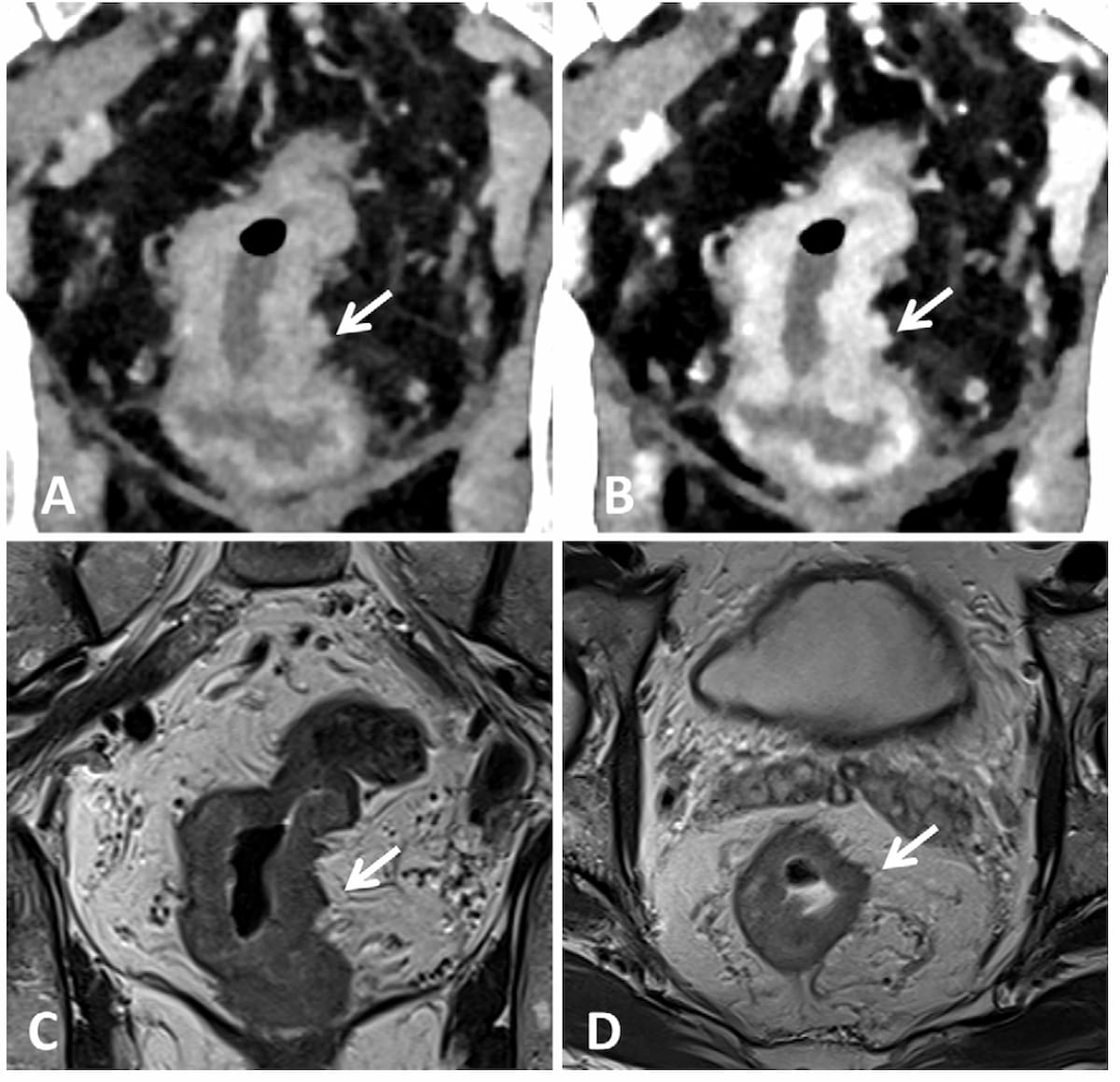
Could Photon-Counting CT Be a Viable Option for Rectal Cancer Staging?
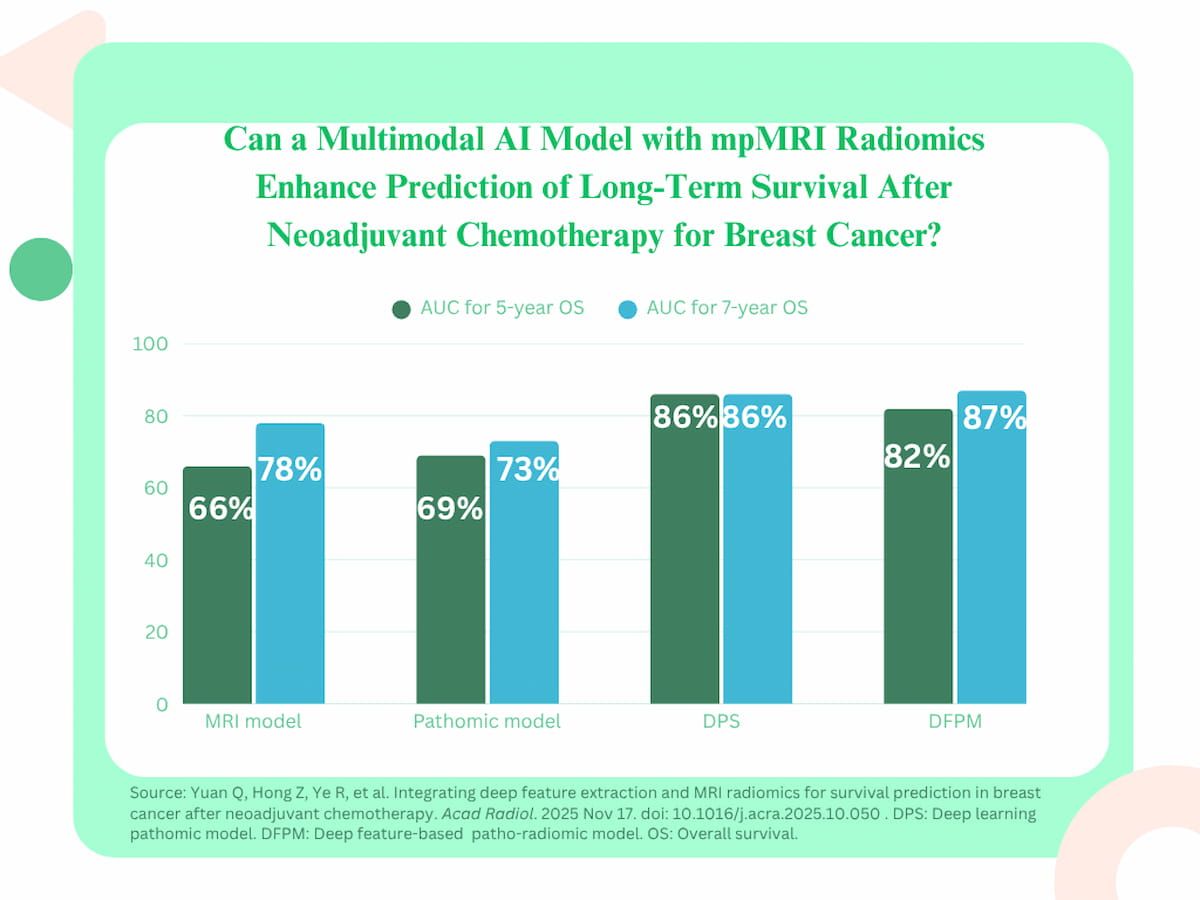
Multimodal AI Model with mpMRI Radiomics Improves Long-Term Post-NAC Survival Prediction
Latest Videos

Podcasts
CME Content
More News
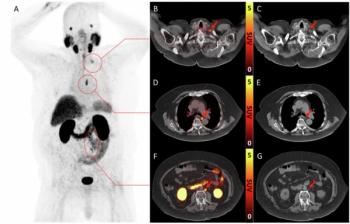
In a new review from the European Society of Urogenital Radiology (ESUR), researchers discuss the merits and limitations of PSMA PET/CT and whole-body MRI (WB-MRI) for patients with advanced prostate cancer.
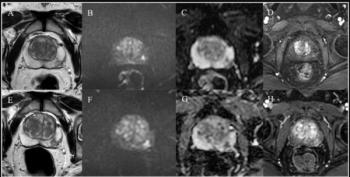
Researchers found no statistically significant differences between bpMRI and mpMRI evaluations of patients with PI-RADS 3 presentations, according to a new multi-reader study.
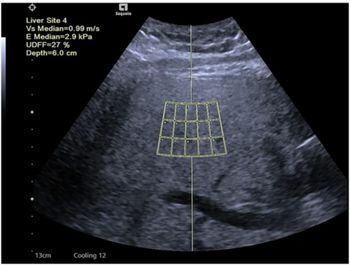
Ultrasound-derived fat fraction assessment offered higher AUCs for differentiating mild, moderate and severe hepatic steatosis in comparison to established noninvasive measures of metabolic dysfunction-associated steatosis liver disease (MASLD), according to new multicenter research.
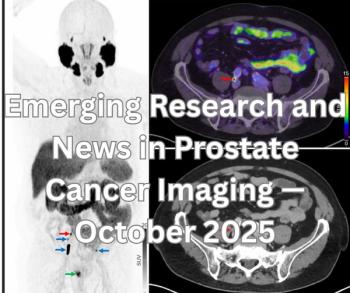
Catch up on the most-well viewed prostate cancer imaging content in October 2025.

Catch up on the most-well viewed radiology content in October 2025.
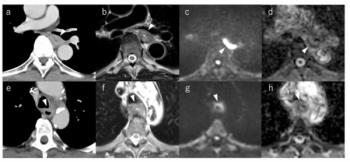
For patients with esophageal cancer, preoperative MRI demonstrated an average AUC above 94 percent for detecting tracheal invasion in contrast to an AUC range between 52.9 and 70.6 percent for CT, according to a recently published study.
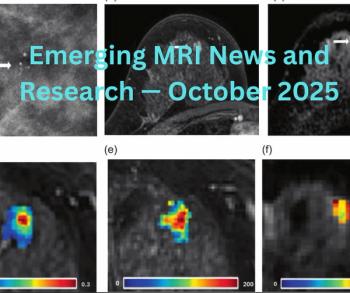
Catch up on the most-well viewed MRI content in October 2025.
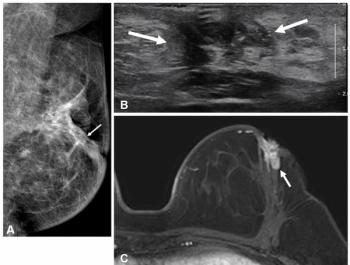
Pre-op breast MRI was associated with a 12.5 percent reduced 5-year cumulative incidence of recurrence for patients who underwent surgery for hormone receptor-negative cancer, according to newly published research.
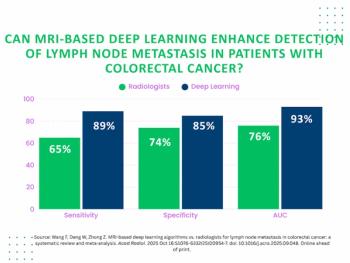
Deep learning assessment of MRI offered a 24 percent higher sensitivity than radiologist interpretation for detecting lymph node metastasis in patients with colorectal cancer, according to a new meta-analysis.

Through the use of a multimodal system, Viz Assist provides generative AI summaries of patient histories that may ehance care coordination and facilitate more timely interventions.

The iron-based brain MRI contrast agent Ferabright (ferumoxytol injection) is indicated for adult patients with known or suspected malignant neoplasms.
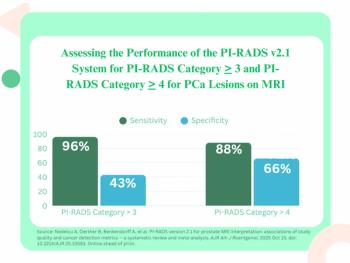
While a new meta-analysis of the PI-RADS v2.1 criteria showed 96 percent and 88 percent sensitivity rates for PI-RADS category > 3 and PI-RADS category > 4 assessments respectively, researchers noted a high risk of bias in 29 percent of the reviewed studies.
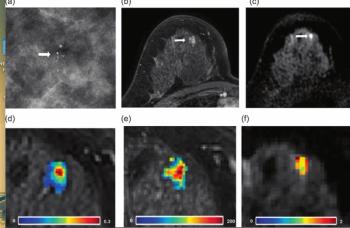
While dynamic contrast enhanced breast MRI may help reduce biopsies for suspicious calcifications on mammograms, quantitative MRI features and diffusion-weighted imaging (DWI) may not provide additional diagnostic benefit in these cases, according to a new study.
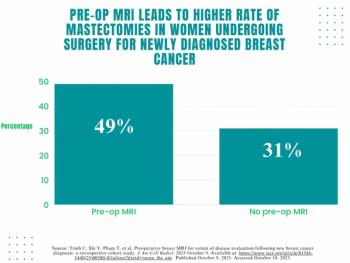
Women who had an MRI prior to undergoing surgery for newly diagnosed breast cancer were 18 percent more likely to have a mastectomy, according to newly published research.

Catch up on the top radiology content of the past week.

For patients with relapsing multiple sclerosis, switching from oral therapies to subcutaneous monthly administration of the anti-CD20 monoclonal antibody ofatumumab led to over a 98 percent reduction of Gd+ T1 lesions on MRI at 96 weeks.
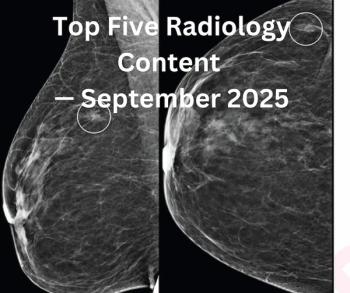
Catch up on the most-well viewed radiology content in September 2025.

Catch up on the top radiology content of the past week.
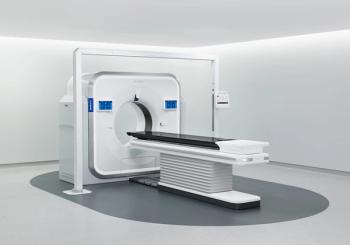
Facilitating increased efficiency in radiation therapy planning, the new Rembra RT and Areta RT computed tomography platforms reportedly offer 4D CT capabilities and image reconstruction speeds up to 106 images per second.

Emphasizing enhanced connectivity, the latest version of the Intelligent Radiation Therapy (iRT) software may facilitate improved workflow efficiencies with the planning, performance and reporting for radiation therapy.
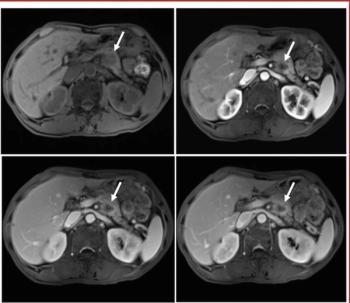
The M-PRiSM risk stratification, which incorporates MRI features, offers a significantly higher C-index, one-year AUC and two-year AUC than the 8th AJCC staging system for predicting postoperative survival for patients with pancreatic ductal adenocarcinoma.
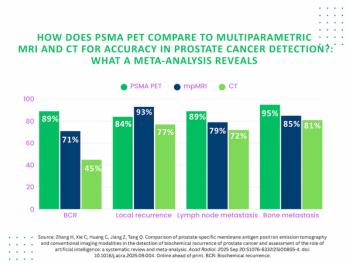
PSMA PET offered 18 percent higher accuracy for detecting biochemical recurrence of PCa in contrast to mpMRI, according to findings from a 67-study meta-analysis.
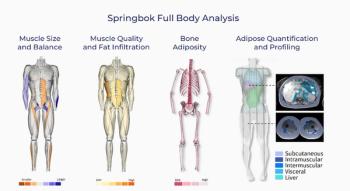
Expanded capabilities with the body composition analysis software include automated segmentation of over 140 muscles, skeletal and organ structures from a 15–20-minute MRI.

Offering prospective SNR calculation derived from prescribed slices, the SNR Calculator reportedly facilitates a higher degree of accuracy with quantitative SNR values beyond that of calculators from device manufacturers.

Catch up on the top radiology content of the past week.


